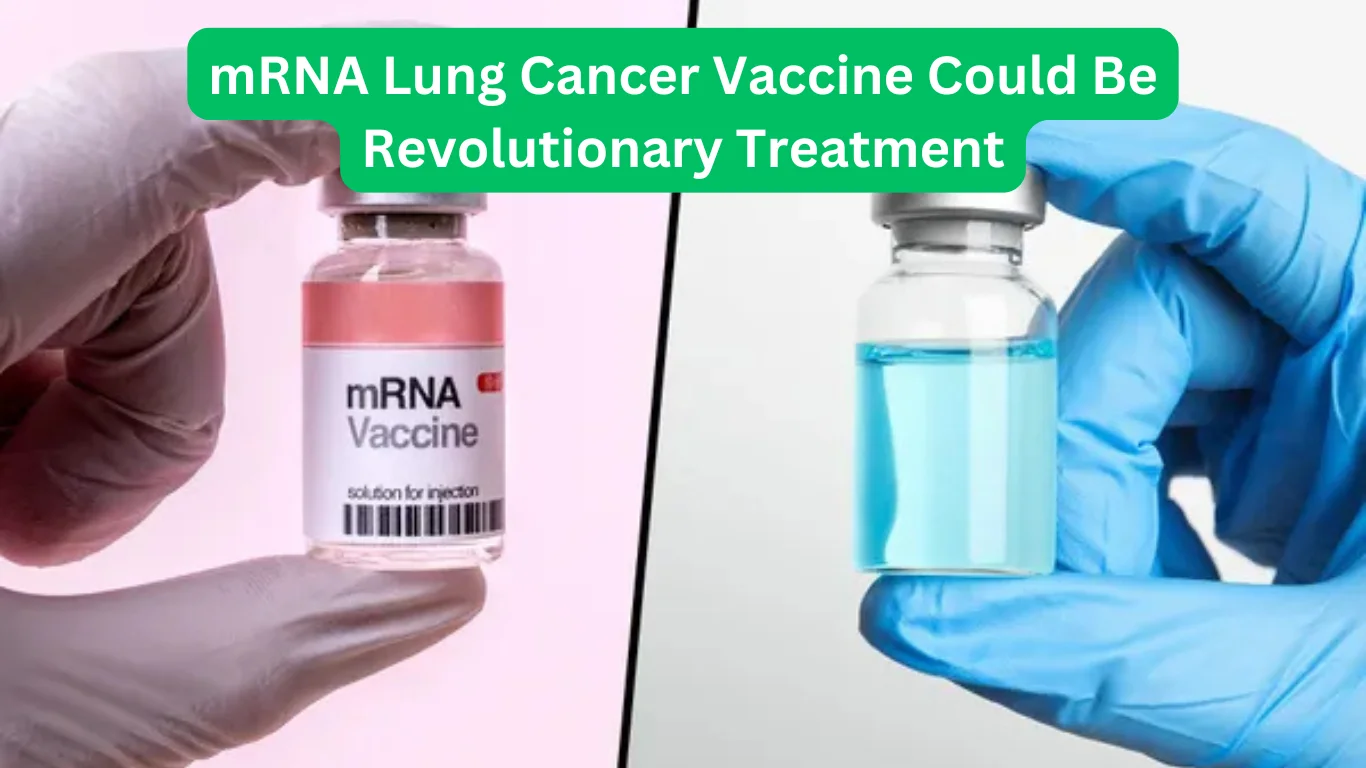mRNA Lung Cancer Vaccine: A Game-Changer in Oncology
Recent breakthroughs in mRNA technology have paved the way for innovative treatments like mRNA lung cancer vaccine, offering hope to millions worldwide. Leveraging the same principles that powered COVID-19 vaccines, mRNA-based therapies aim to train the immune system to target and eliminate cancer cells effectively.
How Does the mRNA Lung Cancer Vaccine Work?
mRNA vaccines work by delivering genetic instructions to cells, prompting them to produce proteins similar to those found in cancer cells. These proteins act as antigens, alerting the immune system to recognize and destroy the actual cancer cells. Unlike traditional cancer treatments such as chemotherapy, mRNA vaccines are non-invasive and highly personalized, minimizing side effects.
Why Is It Revolutionary?
- Personalized Treatment: Each vaccine can be tailored to the genetic profile of an individual’s tumor.
- Enhanced Immunity: Stimulates a robust immune response, reducing the likelihood of recurrence.
- Minimal Side Effects: Compared to conventional therapies, mRNA vaccines are less toxic to healthy cells.
- Faster Development: mRNA vaccines can be developed more quickly, allowing for rapid response to emerging cancer challenges.
Promising Research and Clinical Trials
Clinical trials are underway, testing the effectiveness of mRNA vaccines for lung cancer. Preliminary results suggest significant potential for slowing disease progression and even complete remission in some cases.
Why This Matters
Lung cancer is the leading cause of cancer-related deaths globally, with limited effective treatment options. The introduction of mRNA vaccines could transform survival rates and quality of life for patients. As research progresses, these vaccines could redefine cancer care.
Learn More
For more on cancer treatment innovations, explore resources like American Cancer Society and National Cancer Institute.

